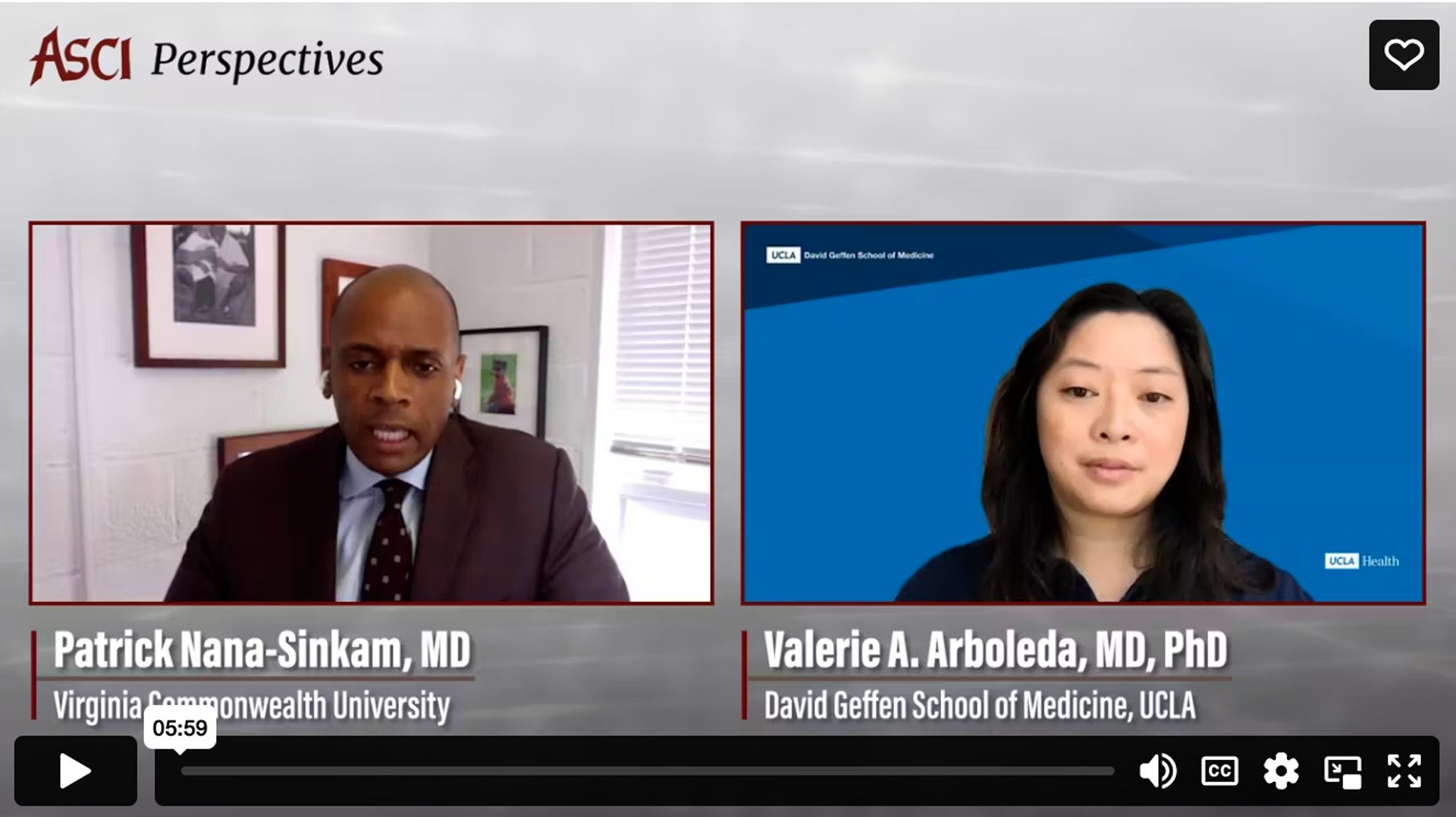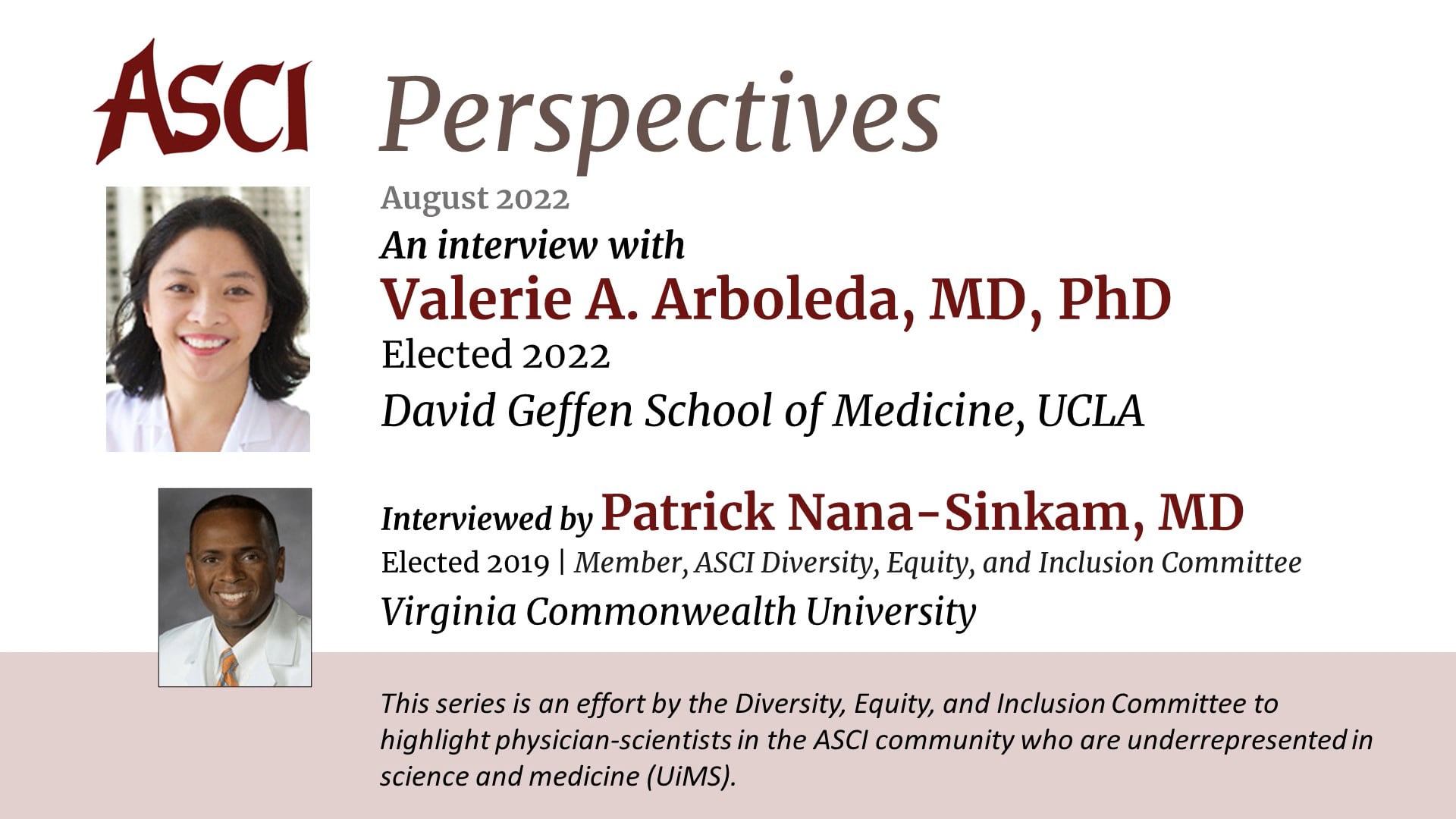Nominations for Active and International membership for 2023 are open and may be submitted through September 30, 2022, 11:59 pm Eastern. All participants in a nomination should carefully review the information below. Send questions to staff@the-asci.org.
For the 2023 cycle, the bylaws have been amended to allow nominations of otherwise qualified individuals who are age 53 or younger on January 1, 2023, and whose work has been affected by extenuating circumstances. (This amendment also applies for the 2024 cycle, after which the age limit returns to 50.)
Nominees in these categories:
- must be physicians who have “accomplished meritorious original, creative, and independent investigations in the clinical or allied sciences of medicine” and who enjoy “unimpeachable moral standing in the medical profession” (as stated in the ASCI bylaws);
- must be age 53 or younger on January 1, 2023:
- for candidates age 50 or younger on January 1, 2023, no information is required regarding an extenuating circumstance that may have affected their work;
- for those age 51-53 on January 1, 2023, they need not have been previously nominated, and they must provide information regarding extenuating circumstances that have affected their work; and
- may not be nominated more than three times (including those age 51-53 on January 1, 2023).
Proposers are discouraged from nominating those whose qualifications may not be sufficiently advanced, or from re-nominating a candidate if the candidate’s work has changed little since their previous nominations.
The ASCI Council reviews nominations and may recommend up to 100 Active and International nominees for election. The Council presents the recommended nominee group to Active and Senior members to approve by vote. Those elected for 2023 will be recognized at the ASCI’s annual Dinner and New Member Induction Ceremony, April 21, 2023, as part of the 2023 AAP/ASCI/APSA Joint Meeting, April 21-23, 2023, at the Swissôtel Chicago.
Note that Council members may not serve in any capacity regarding nominations.
Nomination preparation guidance and instructions
A nomination requires one Proposer and one Seconder, both of whom must be ASCI members in good standing and (if applicable) current in Society dues. General Supporters are optional.
There is no limit to the number of nominations a member can propose or support (either as Seconder or General Supporter).
The Proposer is ideally from an institution different from the nominee’s institution (although this is not required) and should have a good understanding of the nominee’s work. The Proposer is responsible for:
- starting the nomination (see “ASCI account access” below);
- granting access to the nominee to edit certain sections of the nomination (see detail in “Nomination sections” below); please note that granting access is optional but strongly encouraged to help ensure accuracy of information and to reduce the time burden on Proposers;
- providing the “Proposer’s general statement on the nominee” (500-word limit) and “Statement on progress and development since previous nomination” (if applicable, 500-word limit);
- ensuring that the nomination is accurate and complete; and
- submitting the nomination.
Nominees may, if granted access, edit certain sections of the nomination.
The Seconder is ideally from an institution different from the nominee’s institution (although this is not required) and should have a good understanding of the nominee’s work. The Seconder is responsible for completing and submitting a form that includes:
- scores for the areas enumerated in the form;
- comments (500-word limit) that supplement, but do not duplicate, information provided by the Proposer and deal specifically with the nominee’s original scientific contributions; and
- description of the relationship to the nominee.
General Supporters (not required; limited to 3 per nomination) may help to provide additional context for a nominee’s contributions, and to demonstrate wider support for the nominee beyond the candidate’s own institution, particularly if the Proposer and Seconder of a nomination are from the nominee’s institution. Anyone (including any ASCI member) may serve as a General Supporter. The General Supporter completes and submits a form that includes:
- scores for the areas enumerated in the form;
- comments (250-word limit) that supplement, but do not duplicate, information provided by the Proposer or the Seconder and deal specifically with the nominee’s original scientific contributions; and
- description of the relationship to the nominee.
A nomination support template may be referenced in order to aid in drafting comments. Please note, however:
- General Supporters who are ASCI members should complete and submit the required information online through their member accounts (see “ASCI account access”).
- General Supporters who are not ASCI members should request that the Proposer add them to the nomination, where the Proposer can send emails to such supporters that include information about accessing their specific form.
ASCI account access
- Access your account
- Go to the “Nominations” tab, navigate to the “Active and International membership” section, and click on “Search for a nominee”
- Enter the nominee’s last name (you may enter a partial name)
- If a result is found, select your role (Proposer, Seconder, or General Supporter)
- If no result is found, provide the requested information to start the nomination
Nomination sections
- About the nominee — nominee may edit this information.
- Nominee’s demographic information — nominee may edit this information.
The ASCI requests responses to questions in a brief, 9-section survey that will help provide the foundation for expanding diversity, fostering inclusion, and achieving equity in the ASCI. All response areas are voluntary, with a “Prefer not to answer” option available for each section. Anyone with access to person-specific information (such as ASCI leadership, members associated with review processes, and staff members) will be required to keep the information confidential. Depersonalized summary information of all response areas may be provided in periodic public reports.
- Support for nomination — Only accessible to the Proposer.
Proposers may attach a Seconder and General Supporters to the nomination by searching the ASCI member directory; for a supporter who is not an ASCI member, Proposers must supply the supporter’s name and email address in order to attach the person to the nomination. After supporters are attached to the nomination, Proposers are provided the ability to notify them regarding their support forms.
- Nominee’s institutional affiliation — nominee may edit this information
- Documents — nominee may edit this information:
- Full academic curriculum vitae, including:
- current funding (clearly indicate whether the nominee is a principal investigator),
- past funding,
- invited lectures,
- patents, and
- full bibliography (with original research separated from other types of publications and the nominee’s name presented in bold face).
- NIH-style biographic sketch (5-page limit), following the current format available at:
http://grants.nih.gov/grants/forms/biosketch.htm
- A high-resolution headshot photograph (for use if the nominee is recommended for election)
- Three “Most significant publications,” excluding those representing work done by the nominee as a trainee. For each of these three files, an annotation is required and consists of two aspects:
- List authors in the original publication sequence, with the nominee’s name in capital letters, followed by numbered notation of the nominee’s role in parentheses (1 = principal investigator, 2 = collaborator), title, journal name, volume, inclusive page numbers, year, and Pubmed ID (PMID). Example:
“John Q. Public and JANE DOE (1). Title. Journal. 1:1-10 (2015). PMID 1234”
- A description (50-word limit) of the publication’s key findings and significance.
- Extenuating circumstances — nominee may edit this information.
A nominee who is age 51-53 as of January 1, 2023, must select at least one of the extenuating circumstances provided: “elder care/other types of caregiving”; “child care”; “illness”; or “other”. An explanation of the circumstance(s) may be provided and is encouraged, but the explanation is optional.
- Seminal contribution(s) — nominee may edit this information.
Summarize the nominee’s defining seminal contribution(s) and why this work forms the basis for the nomination. 75-word limit.
- Proposer’s general statement on the nominee — only accessible to the Proposer.
In the Proposer’s own words (500-word limit), describe the quality, originality, and impact of the nominee’s scientific work and the consistency and importance of the nominee’s research theme. Include a statement on the level of independence from the nominee’s mentor(s) and the nominee’s productivity and stature in the field.
- Proposers should expand upon the candidate’s seminal contribution(s), including the originality, novelty, and impact of this research on the field. Note any special circumstances (e.g., childbearing, personal or family illness) that influenced the candidate’s research activities.
- Information regarding major awards, invitations to give plenary lectures (especially at national and international meetings), and invitations to write chapters in major textbooks should be included as applicable — the quality and quantity of work are important factors.
- Statement on progress and development since previous nomination — only accessible to the Proposer.
In the Proposer’s own words (500-word limit), describe the critical differences between this nomination and the previous nomination (if applicable).


